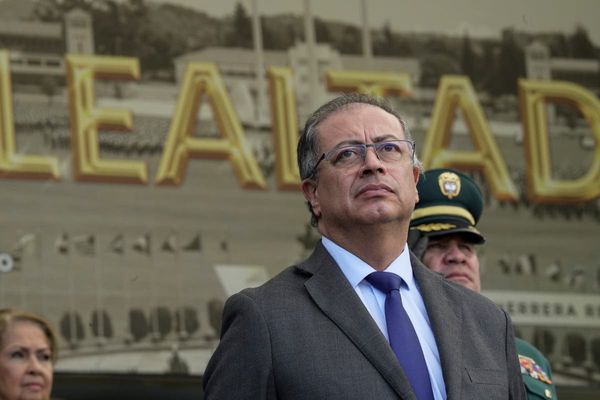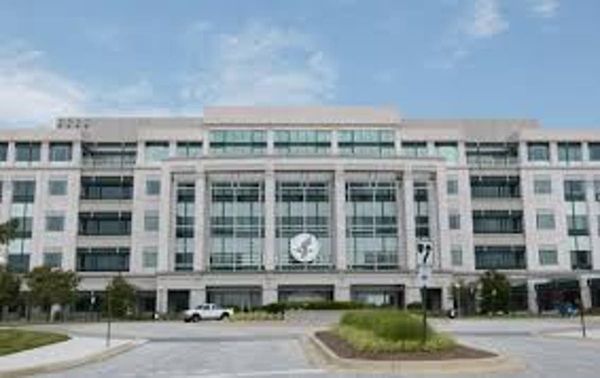In July, when the pro-western regime of President Mohamed Bazoum was toppled in Niger in a military coup, regional powers and the West took a tough position against the putschists — an ultimatum to restore democracy in the West African country. Several countries in Africa, including Sudan, Mali, Burkina Faso and Guinea, have witnessed coups in recent months and the ease with which the generals have seized power in all these countries has set a dangerous trend across the continent. But the new rulers of Niger dismissed the western ultimatum. Within a month, another regime in Africa was toppled — this time, resource-rich Gabon. In the case of Mali, Burkina Faso and Niger, all affected by Islamist militancy, the military promised better security and economic opportunities and managed to consolidate power rather quickly. In Gabon, the Republican Guard, a unit of the armed forces whose job was to protect the President, moved to seize power after the incumbent, Ali Bongo, was declared the winner of a disputed election. Mr. Bongo, who came to power in 2009, was a close French ally like his father Omar Bongo, who ruled the country for nearly 42 years. Ali Bongo’s attempts to preserve the oil-rich country’s reserve forests, which cover 90% of Gabon, earned him international applause, but at home, he never managed to fill his father’s shoes.
Gabon, an OPEC member, is one of the richest countries of Africa in terms of per-capita income. Yet, over a third of its 2.4 million people live in poverty, and 40% of those between 15 and 24 years are unemployed, according to the World Bank. When Omar Bongo was in power, the regime got French protection in return for business favours. But Ali Bongo’s regime came under systemic pressure, with the Opposition demanding free and fair elections and economic equity. The military, probably emboldened by the successful coups elsewhere in the continent, seized on public resentment. Following the coup announcement, thousands were in the streets of Libreville celebrating. Whether the putschists had public support or not, these coups speak of two major trends in Africa. First, traditional regimes are coming under increased pressure from within and a generation of risk-taking generals are making swift moves to grab power. This could turn out to be a transborder threat to elections, regime stability and order. Second, the coups also reflect the continent’s changing geopolitical dynamics. All these countries were former French colonies. In Mali and Burkina Faso, the Russians have expanded their reach after the coup. Gabon has already replaced France with China as its most important trading partner. And the western calls upon the putschists to go back to the barracks have predictably fallen on deaf ears.







